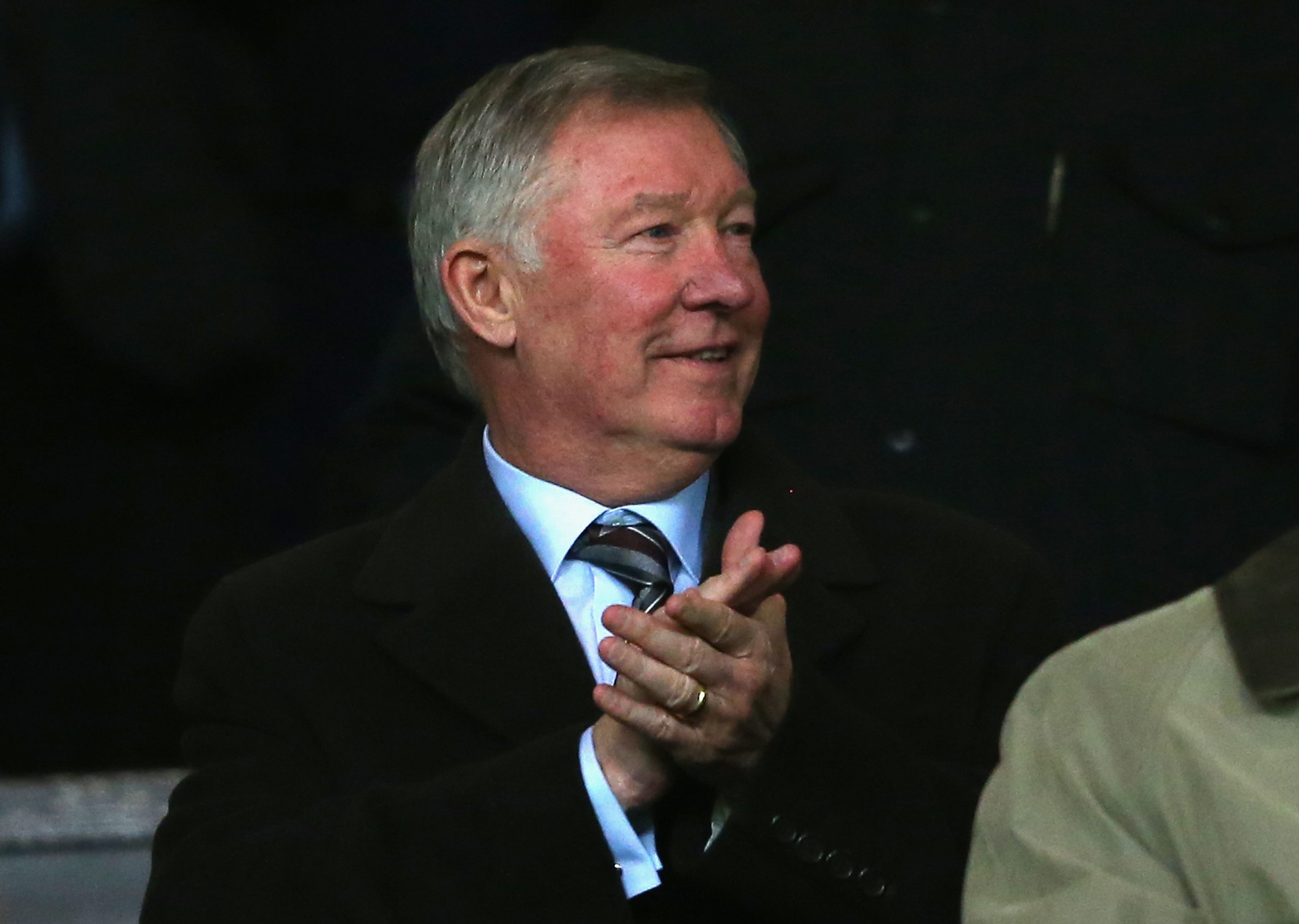
There have been a some big management changes this week. In automobiles, Ford Motor Co. has apparently decided to hand the CEO job to Mark Fields, the COO, who will replace current boss Alan Mulally as Ford’s driver. In football, David Moyes was canned as coach of Manchester United after less than a year on the job, to be replaced on an interim basis by Ryan Giggs, 41, a star player who has spent his entire career at the team.
The connection between Fields and Moyes neatly describes one of the big problems of management succession. Moyes followed a legend, Sir Alex Ferguson, whose success on the field helped make Man U. a billion dollar global franchise with an enormous and almost militant fan base, particularly at home. Whoever followed Fergie was always going to be handed a poisoned chalice. Even if Moyes had been successful initially, the credit would have gone to Sir Alex for providing the horses. And given that those horses couldn’t finish this season (including the injured top scorer Robin Van Persie), Moyes get tagged as a pale imitation of the real thing.
Fields follows another star boss. Mulally took over at Ford at the worst possible time—just as the auto industry was crashing—and steered the company away from the abyss to becoming healthy and profitable. Like Moyes, Fields will take over with Ford at the top of the table. All of Ford’s major problems have been resolved (with the possible exception of its European operation), and the company is fulsomely profitable. Any slump or slowdown in the next couple of years will immediately bring out the comparisons—and they won’t be in Fields’ favor. The fact that Fields was a key member of Mulally’s team would likely be held against him.
If following Mulally is tough, following Ferguson is even worse than following a founder like Bill Gates or Steve Jobs. Even England’s next king will have a much easier time at succession than did Sir Alex’s successor. The “Chosen One,” a Scotsman like Ferguson, Moyes had proven himself as manager at Everton, Liverpool’s poorer cousin of a club. He was a diligent coach who got the most out of limited resources—the most typically being midtable in the Premier League. But Moyes had never been charged with winning anything at Everton. Pretty good was good enough.
Ferguson had been nothing if supportive of his countryman, showing up at games to confirm his belief in Moyes. Moyes should have banned him from the stadium. Every moment Sir Alex was visible was merely a reminder to fans that someone inferior was standing in the technical area.
Luckily, Fields isn’t going to have such problems— there’s nothing worse in the corporate world than having your predecessor hang around the boardroom to “help” you. Mulally, who dabbled with the idea of becoming CEO of Microsoft, isn’t likely to remain at Ford as chairman or even director. He may run another company or sit on corporate boards of his choosing. And Ford shareholders or car owners aren’t necessarily going to be howling for Fields’ head should the company have a couple of down quarters.
Not so in soccer, of course. “Football managers now just get tossed around, chucked about, disregarded, rubbished. Decent men, good men just get thrown away, and that’s not just David Moyes, that’s all the way through football,” noted former Man U. player-turned-pundit Gary Neville. The coaching churn remains insane. Consider that the executives of England’s top teams, including Chelsea, Tottenham, Manchester City, Liverpool, Newcastle change managers the way they would their socks. Yet the same rules do not apply to the top management of these clubs, in part because they take a longer term view of things. Man U. is a publicly traded company; management turnover is not perceived as a good thing.
The bookies have made Dutch manager Louis Van Gaal as the favorite to succeed Moyes. Van Gaal, who coaches the Dutch national team and has run Barcelona, Bayern Munich and Ajax. He’s been hired, fired, and retired enough to not care what anyone things of him, (one nickname: the Iron Tulip), which makes him a modern coach. He’s been called a slow starter. Good luck with that one, Man U.
More Must-Reads from TIME
- Cybersecurity Experts Are Sounding the Alarm on DOGE
- Meet the 2025 Women of the Year
- The Harsh Truth About Disability Inclusion
- Why Do More Young Adults Have Cancer?
- Colman Domingo Leads With Radical Love
- How to Get Better at Doing Things Alone
- Michelle Zauner Stares Down the Darkness
Contact us at letters@time.com